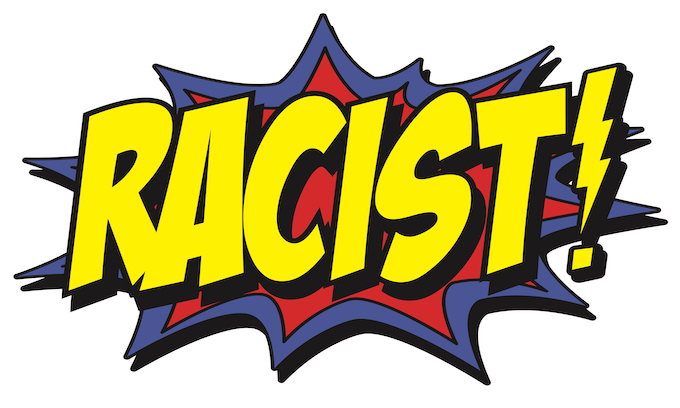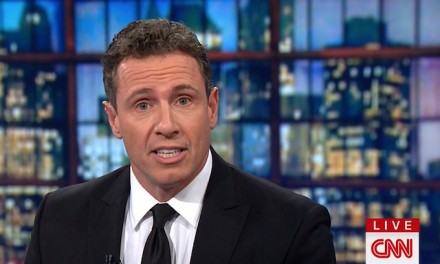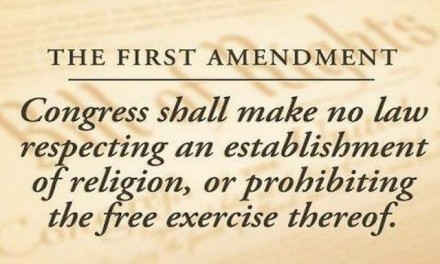Chicago is perpetuating environmental racism by pushing industrial polluters from the wealthy, largely white North Side to low-income communities of color on the South Side, according to a new complaint that draws upon the city’s long history of segregation.
Citing provisions of the federal Fair Housing Act, community activists are seeking an overhaul of zoning and planning ordinances that protect industries in certain parts of the city without consideration of the health and well-being of people who live nearby, most of whom are Black and Latino.
If the U.S. Department of Housing and Urban Development agrees to launch an investigation, it could increase pressure on Mayor Lori Lightfoot to follow through on campaign promises to crack down on industrial pollution and make the city more fair for everyone.
The chief target of the complaint is General Iron, a scrap shredder that plans to move from Lincoln Park on the North Side to a site on the Calumet River in the East Side neighborhood.
“The North Side doesn’t want it. We don’t want it, either,” Peggy Salazar, director of the Southeast Environmental Task Force, said during a Thursday news briefing.
Before a May explosion forced General Iron to temporarily shut down its North Side scrap yard, neighbors routinely complained about noxious odors and bits of shredded automobiles and appliances drifting into their homes.
City health inspectors ticketed the company 11 times during the previous five months. Each complaint documented “untreated emissions” escaping General Iron’s scrap shredders along the Chicago River near Clybourn Avenue and Cortland Street.
Aggressive enforcement under Lightfoot contrasts sharply with the policies of former Mayor Rahm Emanuel, whose administration only cited General Iron once during his eight years in office.
Emails show Emanuel’s lieutenants enjoyed cordial relationships with the Labkon family that owned General Iron through four generations. The former mayor also was the top recipient of the more than $500,000 in campaign contributions to local politicians from family members, who hired a former top aide to Emanuel as one of their City Hall lobbyists.
Days before Emanuel left office, his top aides gave the scrap merchant permission to keep operating until 2022 on riverfront land that local aldermen are pushing to convert into a city park.
Lightfoot brokered a deal intended to ensure General Iron abandons the North Side by the end of this year instead. But for Southeast Side activists, the deal is a lynchpin in their civil rights complaint.
“We need more jobs, but not at the expense of our health and quality of life,” said Marcelina Pedraza, a member of the Southeast Side Coalition to Ban Petcoke.
On paper, at least, the Lightfoot administration appears to agree. A recent report on air quality throughout the city notes that “structural racism and economic hardship” are “making it more likely for certain people to live in polluted communities.”
___
(c)2020 the Chicago Tribune
Visit the Chicago Tribune at www.chicagotribune.com
Distributed by Tribune Content Agency, LLC.
—-
This content is published through a licensing agreement with Acquire Media using its NewsEdge technology.



















Recent Comments